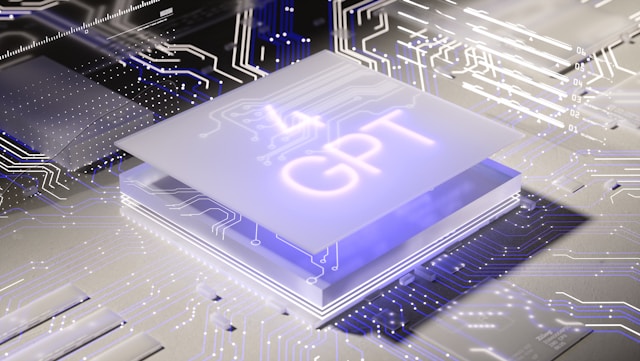Alcohol use is a major global health problem worldwide. The World Health Organization (WHO) estimates that 3 million deaths worldwide are caused by alcohol abuse each year. This makes alcohol the seventh-leading risk factor for death and disability.
Now, researchers from Stanford Medicine and the University of Toronto have developed a method enabling sensors in smartphones and smart speakers to gauge a user’s level of intoxication. This technology holds the potential to prevent individuals from driving under the influence.
Voice-Activated Sobriety Checks
In a study with 18 adults aged 21 and above, participants were given alcohol and assigned tongue twisters at hourly intervals for up to seven hours. Their voices were recorded using smartphones, and breath alcohol concentration was measured regularly. Digital programs were then used to analyze voice parameters like frequency and pitch.
Participants’ voice pattern changes, when compared with breath alcohol results, accurately predicted alcohol intoxication with 98% precision.
Timely Interventions for Alcohol-Related Incidents
The study aims to offer “just-in-time interventions” to prevent injuries and fatalities resulting from alcohol-related accidents, particularly in driving situations. With the ubiquity of smartphones and smart speakers, these devices can effectively alert individuals when they are becoming too intoxicated, advising against driving or even suggesting the need for hospitalization.







